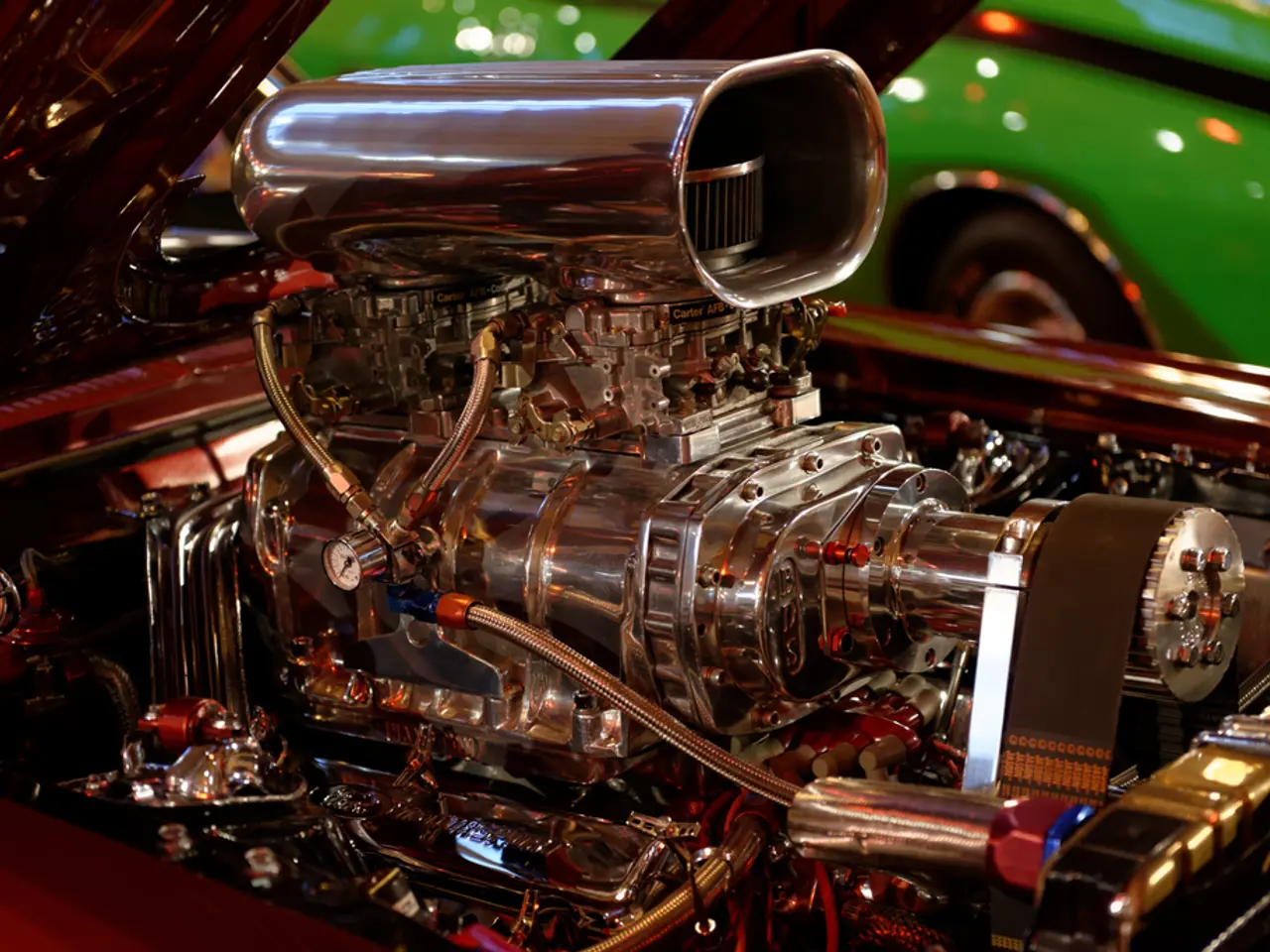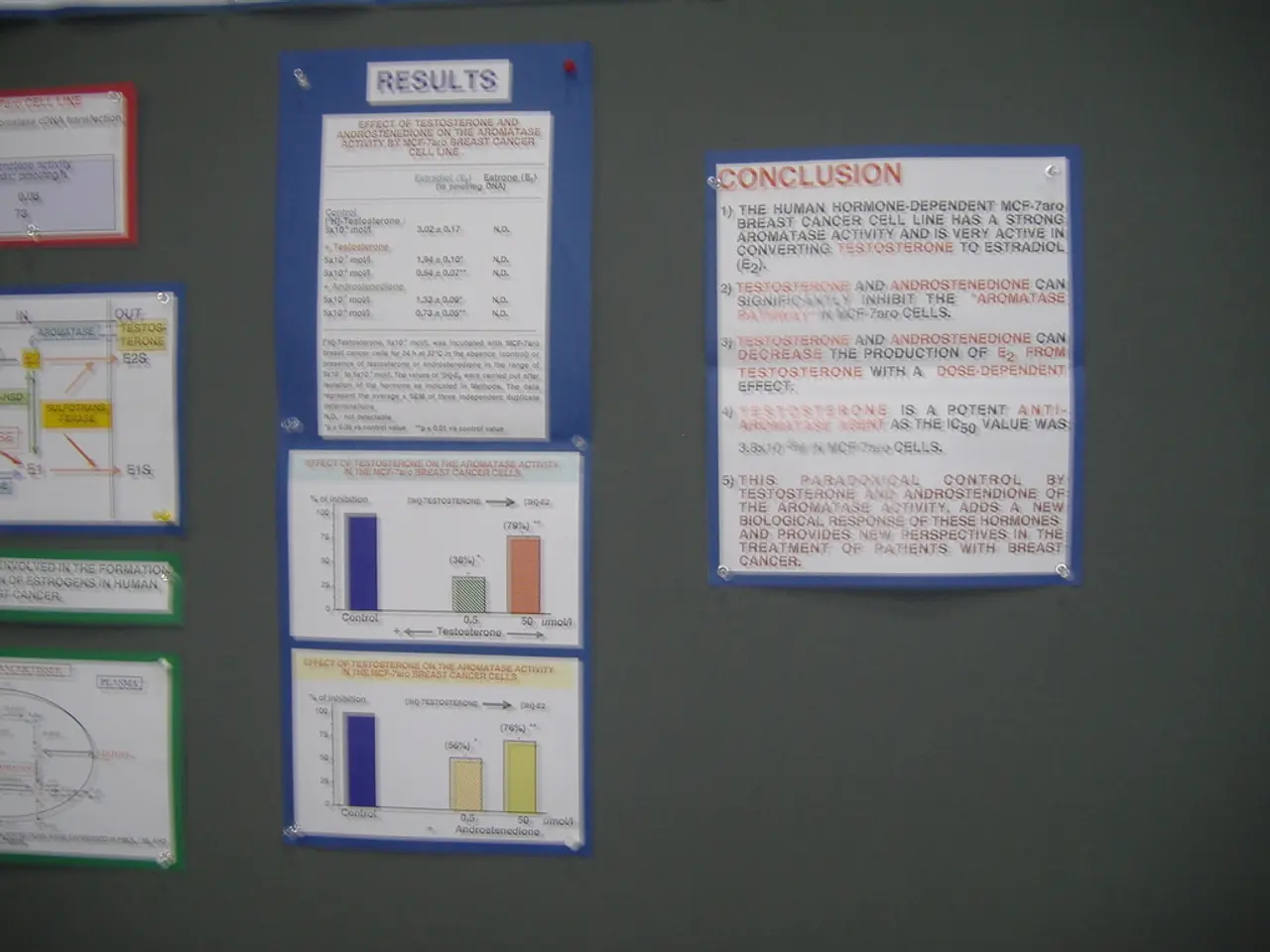Investigate
Mitsubishi Motors Exits China's Automotive Market
After a four-decade journey in China's automotive sector, Mitsubishi Motors Corporation has announced its complete exit from the market. The Japanese automaker has ceased both vehicle production and engine manufacturing operations in China, marking the end of a significant chapter in its history.
The decision to withdraw was primarily driven by the rapid transformation of China's automotive industry. The explosive growth of new-energy vehicles (NEVs or electric vehicles) and the decline in demand for internal combustion engines have made it increasingly unprofitable for traditional automakers like Mitsubishi to maintain a competitive position.
Mitsubishi's joint venture with Shenyang Aerospace Mitsubishi, established in 1997, was a key part of its China strategy. The joint venture produced engines for Mitsubishi and various Chinese carmakers. However, as the demand shifted away from internal combustion engines, the joint venture was dissolved, and the company was renamed Shenyang Guoqing Power Technology Co., Ltd., with Mitsubishi Motors and Mitsubishi Corporation exiting as shareholders.
The retreat from China reflects the irreversible shift toward homegrown solutions in the Chinese automotive market. Domestic brands like BYD and Tesla's localised operations now dominate the market, making it a battlefield for EV innovation where legacy automakers struggle to compete.
Chen Liwei, an industry analyst, stated, "China's automotive landscape has become a battlefield for EV innovation, where legacy automakers struggle to compete."
Mitsubishi's China journey began in 1973 with exports of medium-duty trucks. By the early 2000s, Mitsubishi's two-engine joint ventures supplied powertrains for approximately 30% of domestically produced vehicles in China. However, by October 2023, Mitsubishi announced plans to halt local production and restructure its China operations.
GAC Mitsubishi, a joint venture formed in 2012, initially showed promise but saw a significant decline in sales, with annual deliveries plummeting to 33,600 units by 2022. The Outlander SUV was a significant contributor to GAC Mitsubishi's sales, peaking at 144,000 units in 2018.
Following Mitsubishi's exit, GAC took full ownership of the joint venture, with plans to repurpose the plant for its EV brand, Aion, aiming for mass production by June 2024.
Despite exiting the market, Mitsubishi's after-sales service commitments in China will continue. The Mitsubishi Airtrek EV was launched on the Chinese car market, and the new GAC Mitsubishi Outlander rolled off the production line and was scheduled to launch on November 19 in China.
This strategic retreat marks the end of a decades-long presence in China’s automotive sector for Mitsubishi Motors. The withdrawal is a clear indication of the challenges faced by Japanese automakers in China's rapidly evolving automotive market.
[1] Reuters [2] Bloomberg [3] South China Morning Post [4] CNBC
- The transition to new energy vehicles (NEVs) in China's automotive industry has led traditional automakers, like Mitsubishi, to confront unprofitability, forcing them to reassess their positions.
- As the global market shifts towards finance for innovative energy solutions in transportation, Mitsubishi's exit from China's automotive sector signals the challenge faced by certain automotive companies.
- The once-promising joint venture between Mitsubishi and Shenyang Aerospace Mitsubishi, focusing on engine manufacturing, has been disbanded, indicative of the changing financial landscape within the industry.




